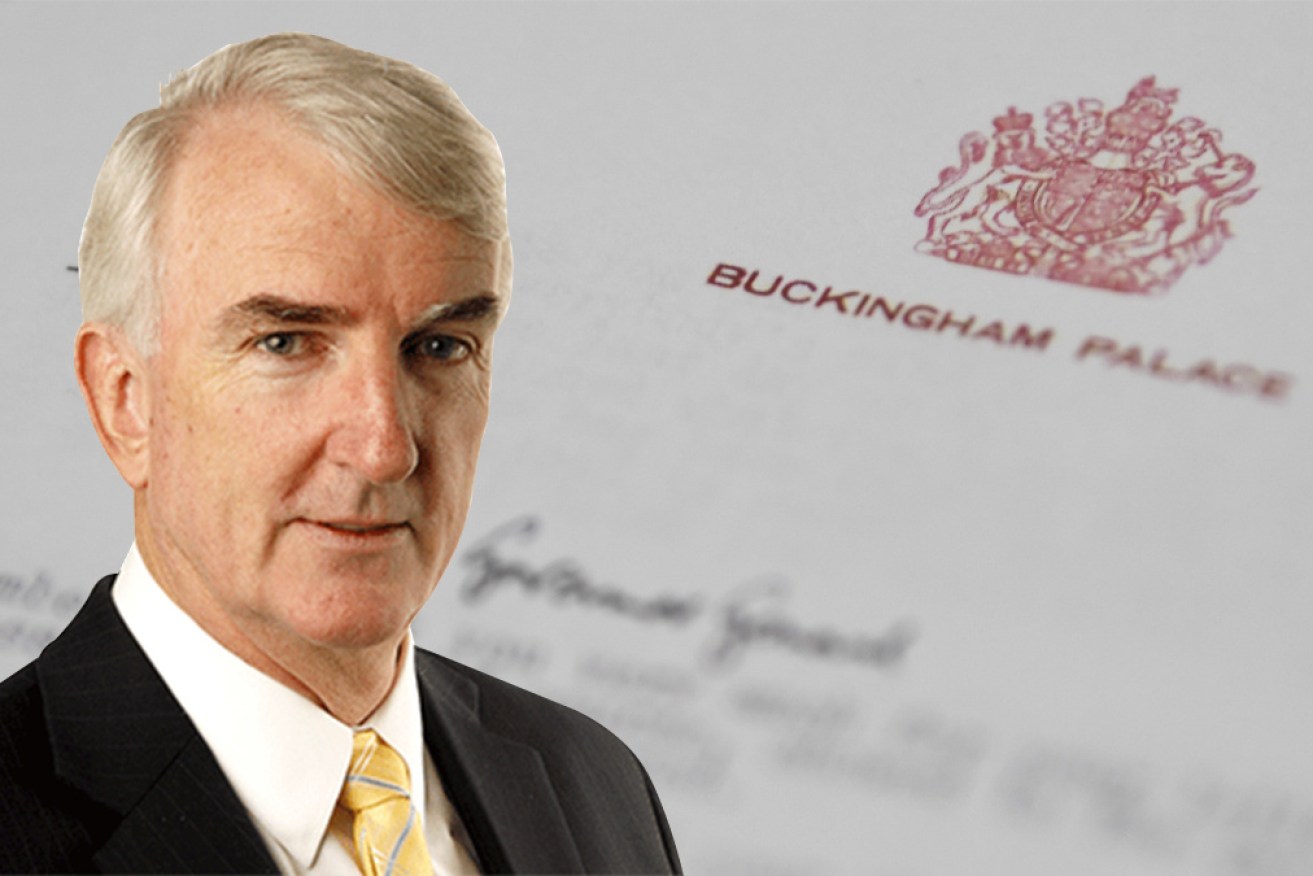Michael Pascoe: Greatest crime of the ‘Palace Letters’ belongs to Malcolm Fraser


Malcolm Fraser's opportunism caused The Dismissal, Michael Pascoe writes. Photo: TND
The release of the “Palace Letters” understandably focuses attention on the roles of Governor-General John Kerr and the Queen in the Whitlam government’s dismissal.
It would be unfortunate to view them in isolation.
The greater crime or triumph – depending on your prejudices – remains Malcolm Fraser’s opportunism.
For those not around way back in 1975 and with little knowledge of the history of the elected Prime Minister being sacked by the Queen’s man, there’s a danger of today’s headlines being viewed purely as a matter of monarchy and the constitution.
Kerr and the Palace were backed into an unenviable position by Mr Fraser after he saw the chance the grab power when Labor overwhelmingly lost the Bass by-election in June 1975.
(A better-disciplined political team would not have let Lance Barnard retire and cause the by-election, let alone reward him with the ambassadorship to Sweden, Norway and Finland).
Yet rejigging the ministry after the Bass disaster, and sacking Jim Cairns as deputy leader the next month produced a solid government that did not need dismissing.
The budget Mr Fraser held to ransom in the Senate, produced by the new treasurer Bill Hayden was as good as could be expected for Australia in those difficult years of international stagflation.
It was good enough for Mr Fraser to happily run with after he was elected in December of that momentous year.
It had taken two-and-a-half years for Mr Whitlam to nearly control a 27-member Cabinet – every minister was included.
John Hawkins’ 2013 Treasury Economic Roundup paper, Frank Crean: a long wait for a turbulent tenure nicely samples the cabinet and Treasury strains of the period while JR Nethercote’s article upon the 40th anniversary of the election of the Whitlam government underlined the lessons to be learned about administration while trying to achieve so much.
But the quality of government did not improve when Mr Fraser moved into The Lodge and tried to achieve so little with the economy.
If unemployment is the main measure of government competence, economic management deteriorated.
Mr Fraser and his treasurers – Phillip Lynch and John Howard – had no answers. Inflation began to fall – as it did elsewhere – and unemployment steadily rose until it cost Mr Fraser government.
Only a few years later, over more than one drink in the Hong Kong Foreign Correspondents’ Club, a liberal Liberal senator agreed that the final Whitlam cabinet had more talent than the Fraser cabinet that replaced it.
Obviously the senator was not a minister.

Professor Jenny Hocking fought to have the letters released. Photo: AAP
The crisis in the governing of Australia in November 1975 was the constitutional crisis of Malcolm Fraser’s concoction, not the actual government.
It was a nakedly opportunistic power grab by the conservative parties to force an election when Bass had shown them they could win.
Withholding supply was unconscionable blackmail.
In the end, Kerr and the Queen were little more than Mr Fraser’s tools, or perhaps “accomplice” might be a more fitting word for Kerr.
Most Australians weren’t born when Mr Whitlam was dismissed – our median age is only 37.
For many, the issues reignited by the Palace Letters might seem ancient history, but they continue to haunt our polity.
Jenny Hocking – the historian who fought all the way to the High Court to get the letters released – writes that they do “incalculable” harm to the Queen, Kerr and the monarch.
She says there is much in the letters to be further analysed, including what Kerr did not tell the Queen, such as the role played by High Court justice Anthony Mason in advising Kerr.
There’s rich irony here.
Malcolm Fraser, who became Prime Minister in 1975 thanks to the Queen’s man, eventually wanted Australia to become a republic.
His actions in 1975 could yet assist that cause.








